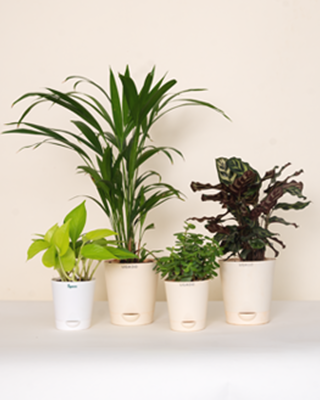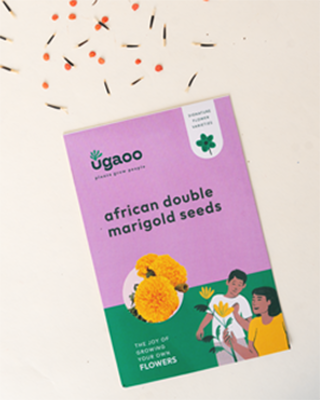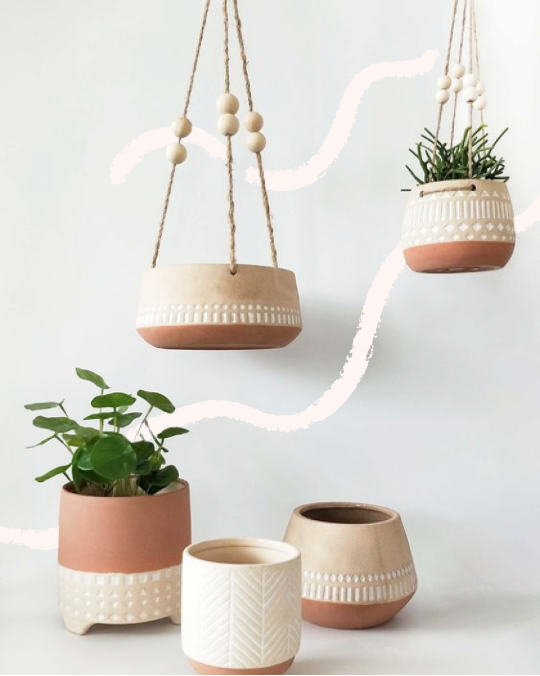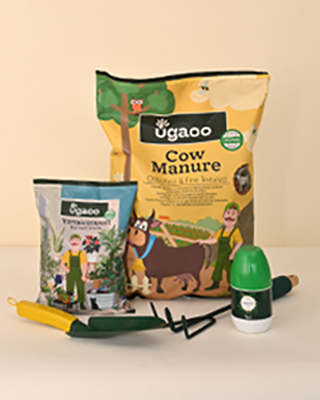More likely than not, you’ve heard of composting or even seen a bit of it around you. But you probably haven’t tried it yet. Contrary to popular belief, it isn’t a tough process, but it can be that final boost that turns your home garden from just 'okay' to flourishing!
If you have passion and love for your home garden, then getting your hands a little dirty will reap rich dividends. These small efforts go a long way in supplying your garden with the love and care that it deserves.

• So, What Does Composting Comprise Of?
In simple terms, it means adding nutrient rich humus, formed by the decomposition of organic materials, to the soil. It is intended to boost plant growth and revitalize soil that is being sapped of its essential nutrients and minerals. It is a natural method that is good for the environment.

• The Benefits of Composting
- It involves countless useful microorganisms and introduces them to the soil. This helps in aeration, breaking down of organic matter and preventing disease.
- Helps in promoting recycling of household waste material.
- It is a conditioner and natural fertilizer for the soil, increasing its fertility.
- Reduces landfill waste, which is taking up an increasing amount of space no matter where you go.
- It is an eco-friendly method.
• Popular Composting Techniques
1. Composting with Closed Bins
A tidy method of using recycled plastic containers with a lid at the top for storing compost material. This method is perfect for urban and suburban areas as they also take up less space. However, the volume of compost that is created can be limited.

2. Pit Composting

A simple method, it involves burying your compost material in holes or trenches that you have dug and let the matter break down in about 4 to 6 months. It’s best to do this right where you wish to plant, as harvesting material with this method can be slightly challenging.

3. Open Bin Composting
Open bins are one of the most modern equipment to be used in composting, as it is easy to turn and harvest the material. Being open means that the air is allowed to circulate freely and compost faster.

4. Composting with Tumblers
Looking for all the benefits of compost without the hassle? Then try the rotating tumbler method as it is less labor intensive and it also keeps the compost out of sight as well. All you need to do is keep adding fresh compost now and then; the turning will make it decompose faster.

5. Piling
Probably the easiest method of composting, it is exactly what it sounds like. You pile up the compost material in a heap and use a pitchfork for turning at regular intervals. It does work well with larger landscapes in urban backyards.













